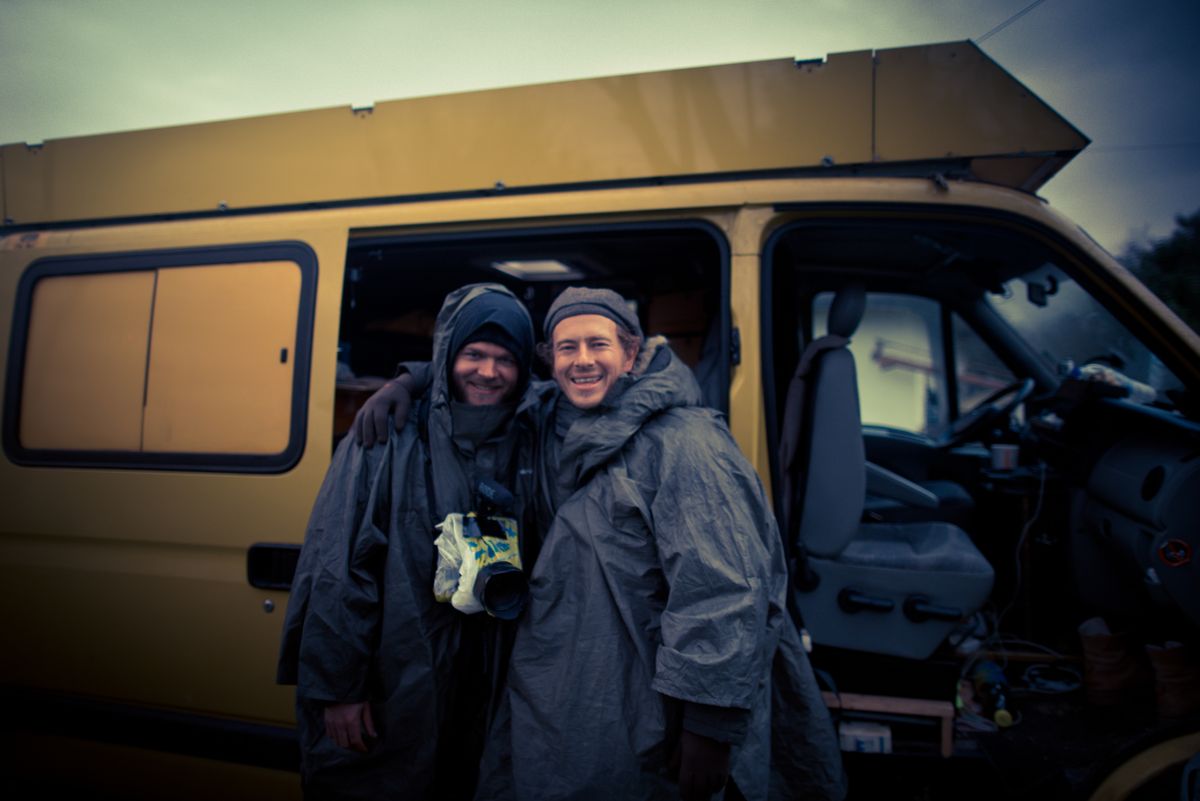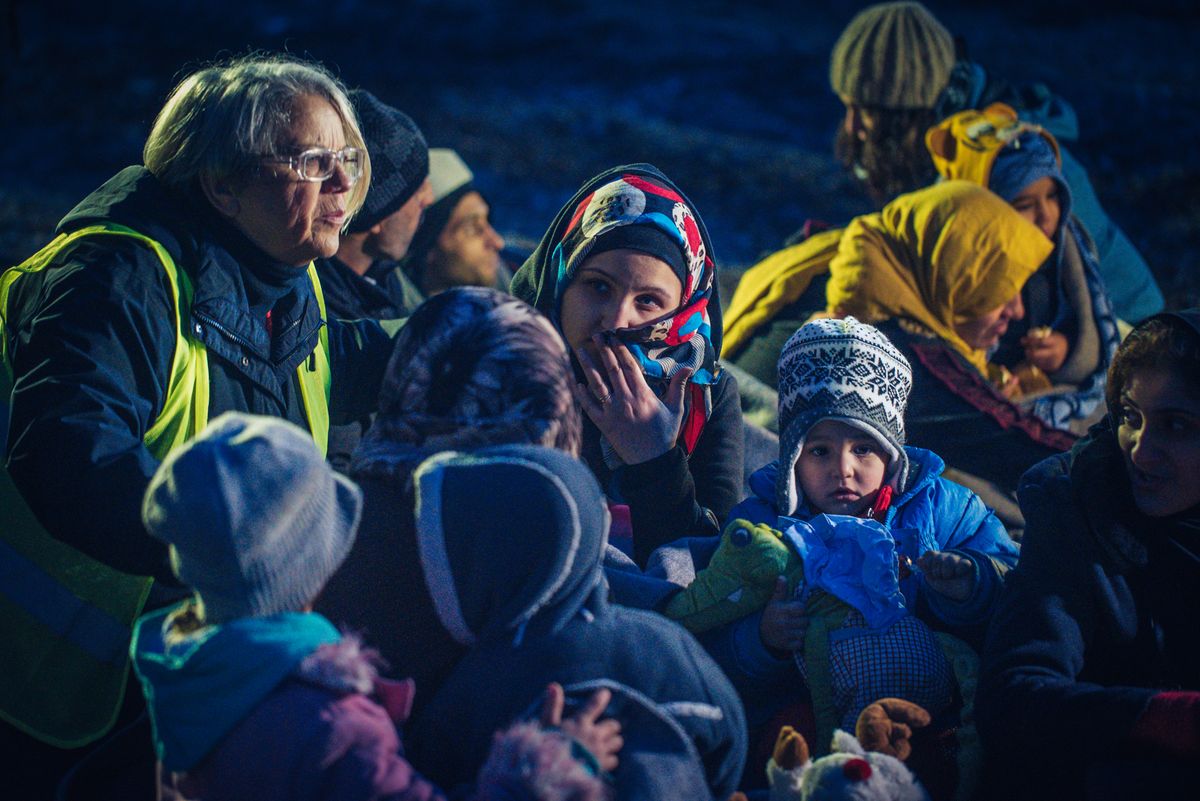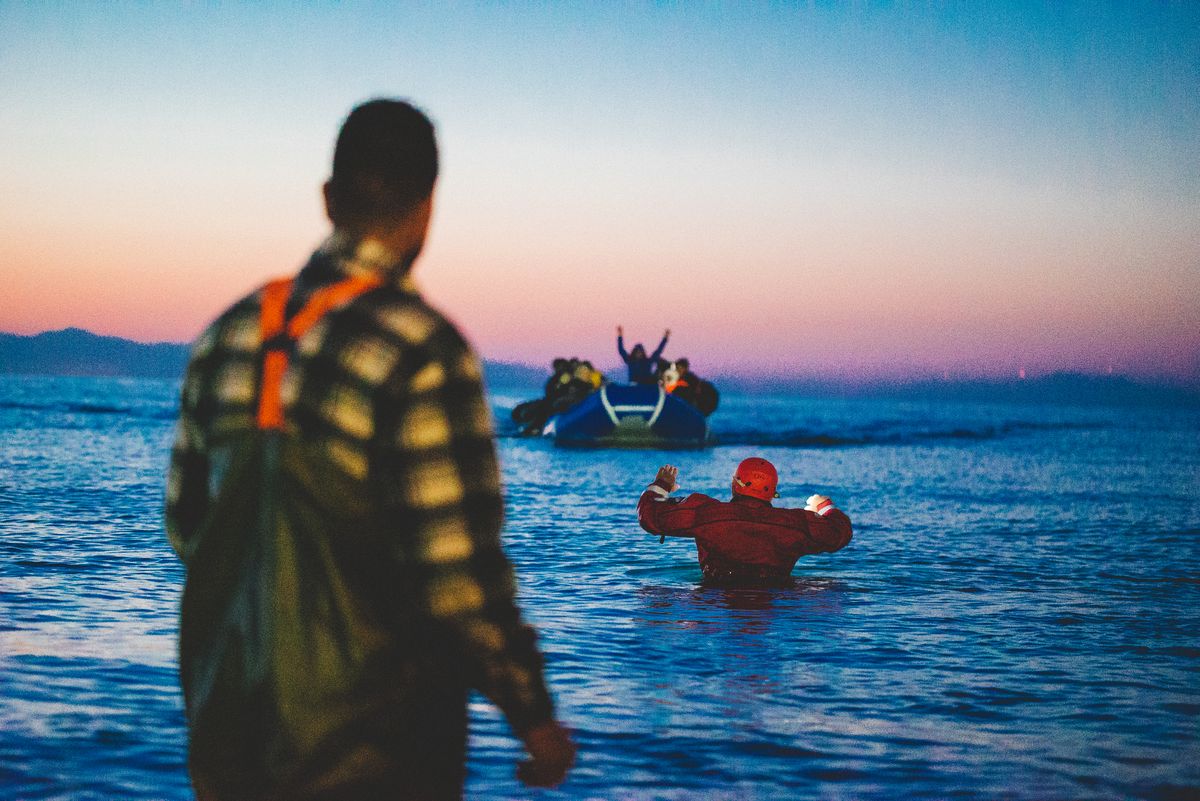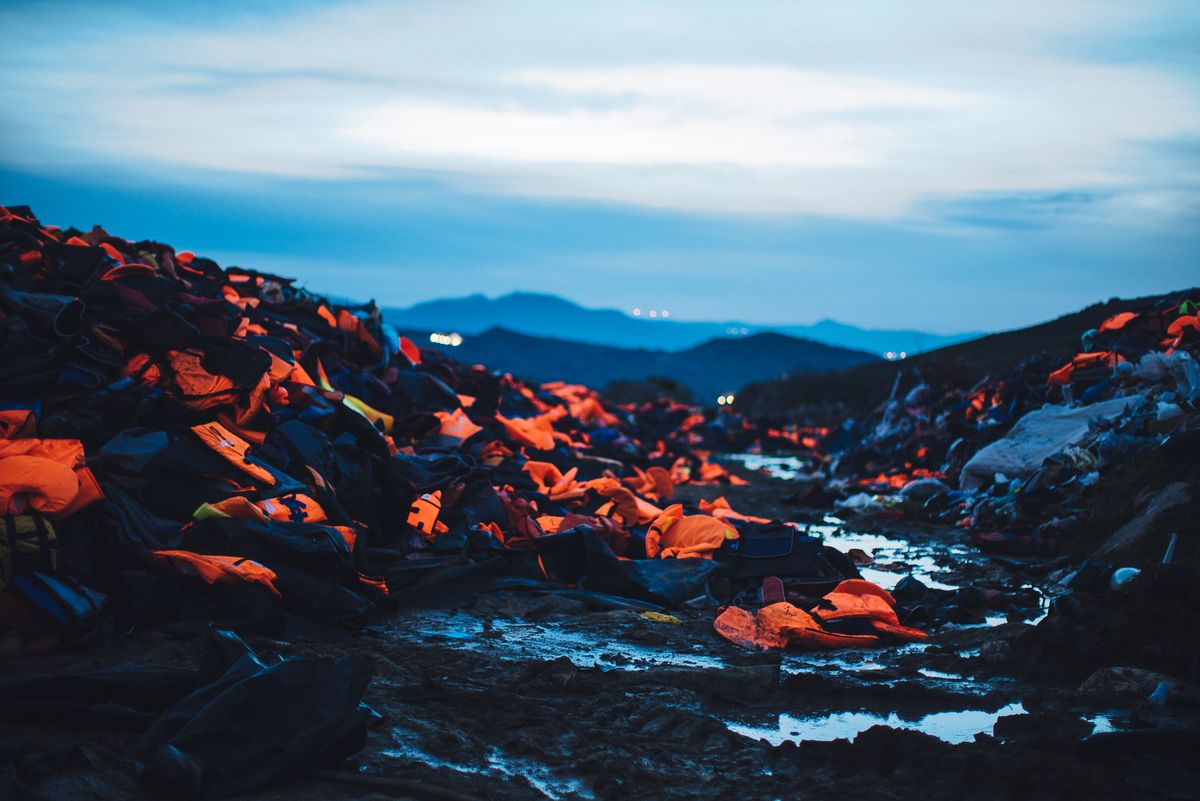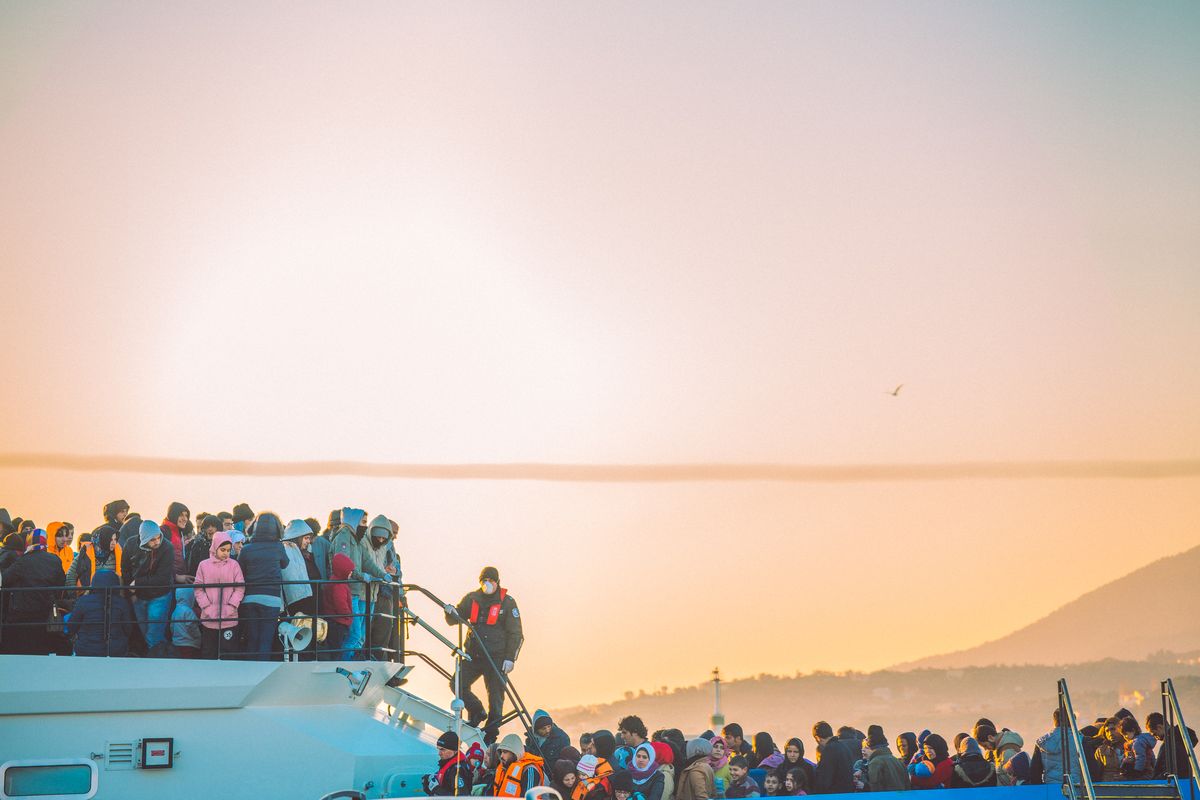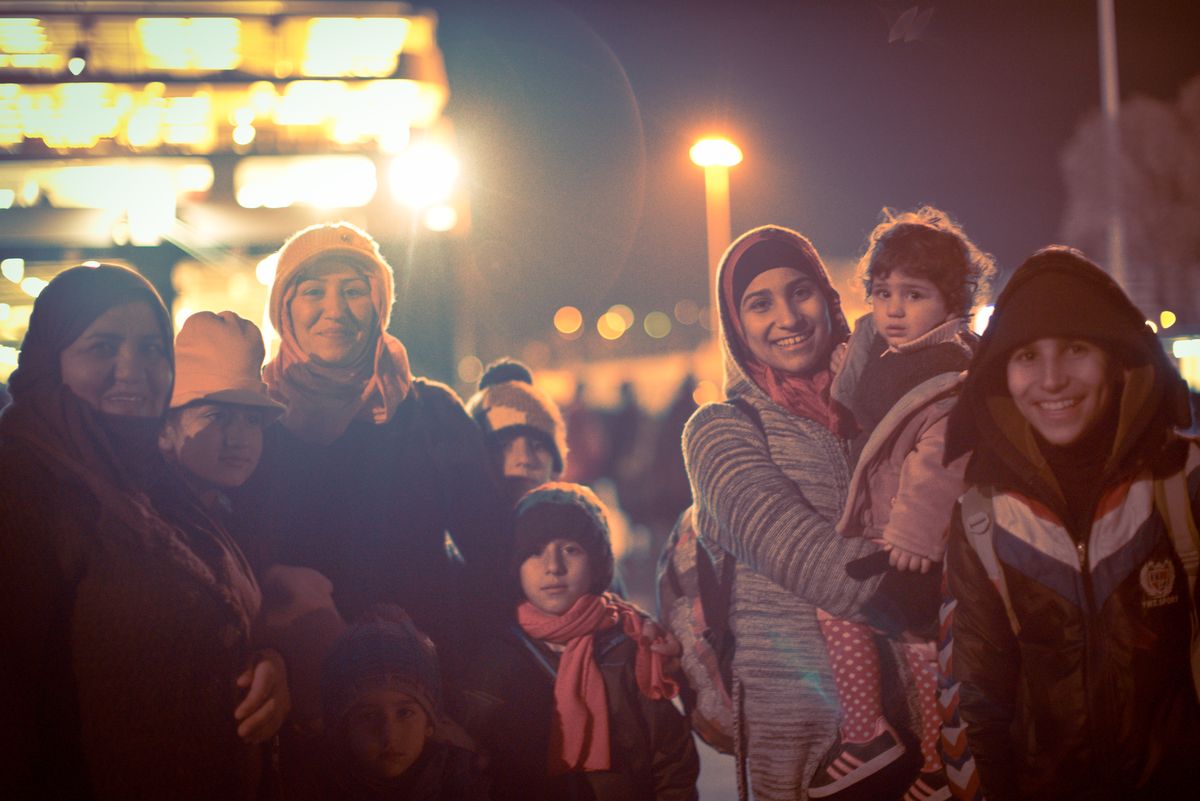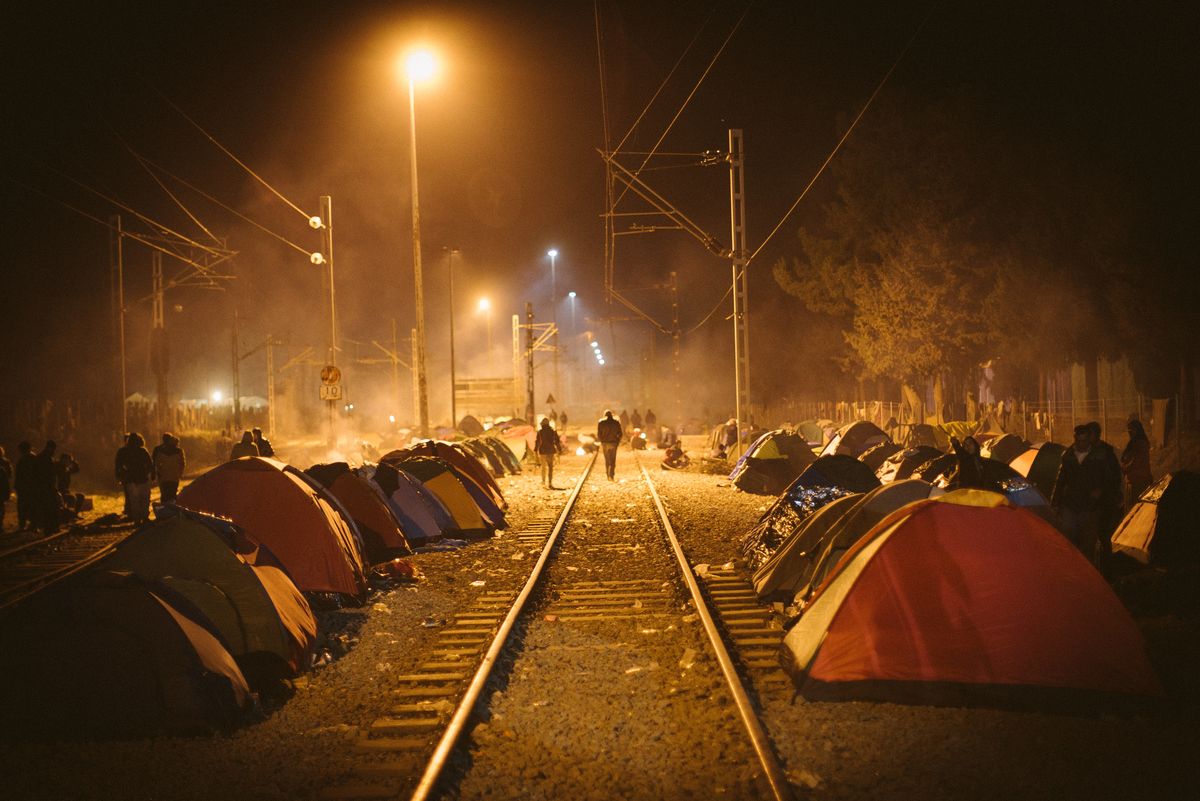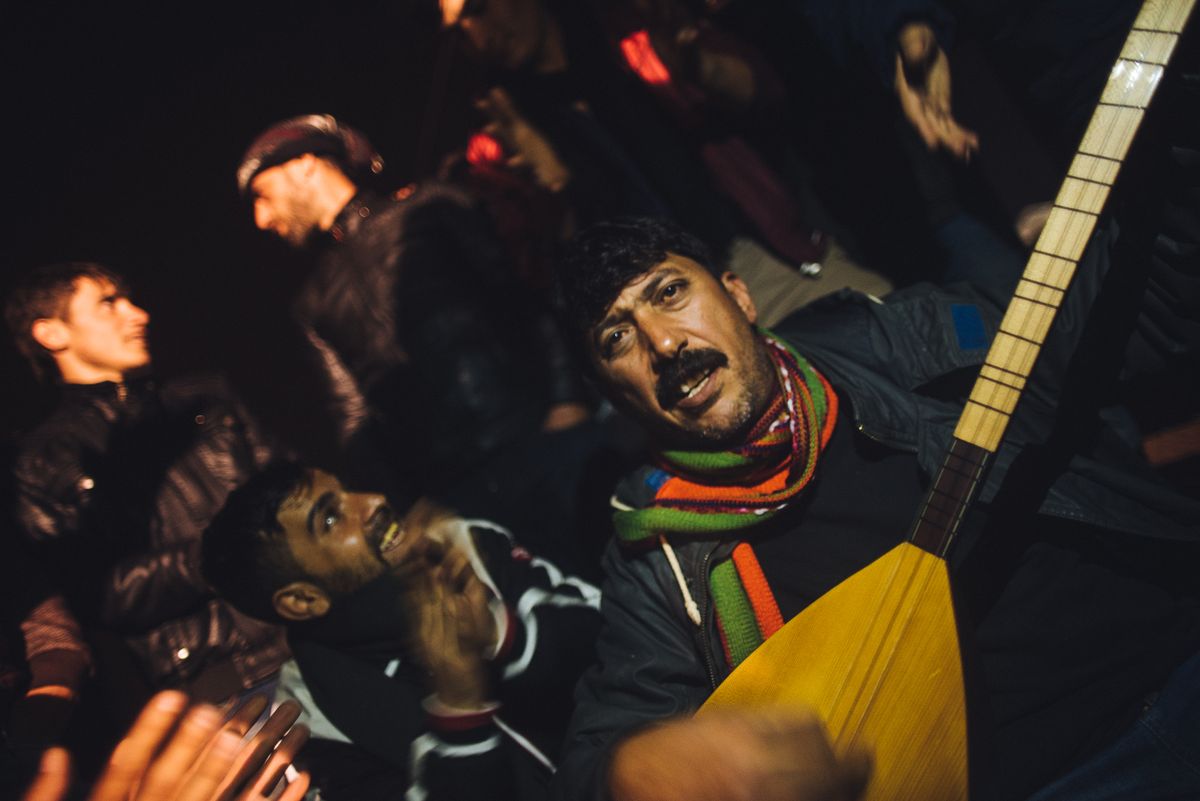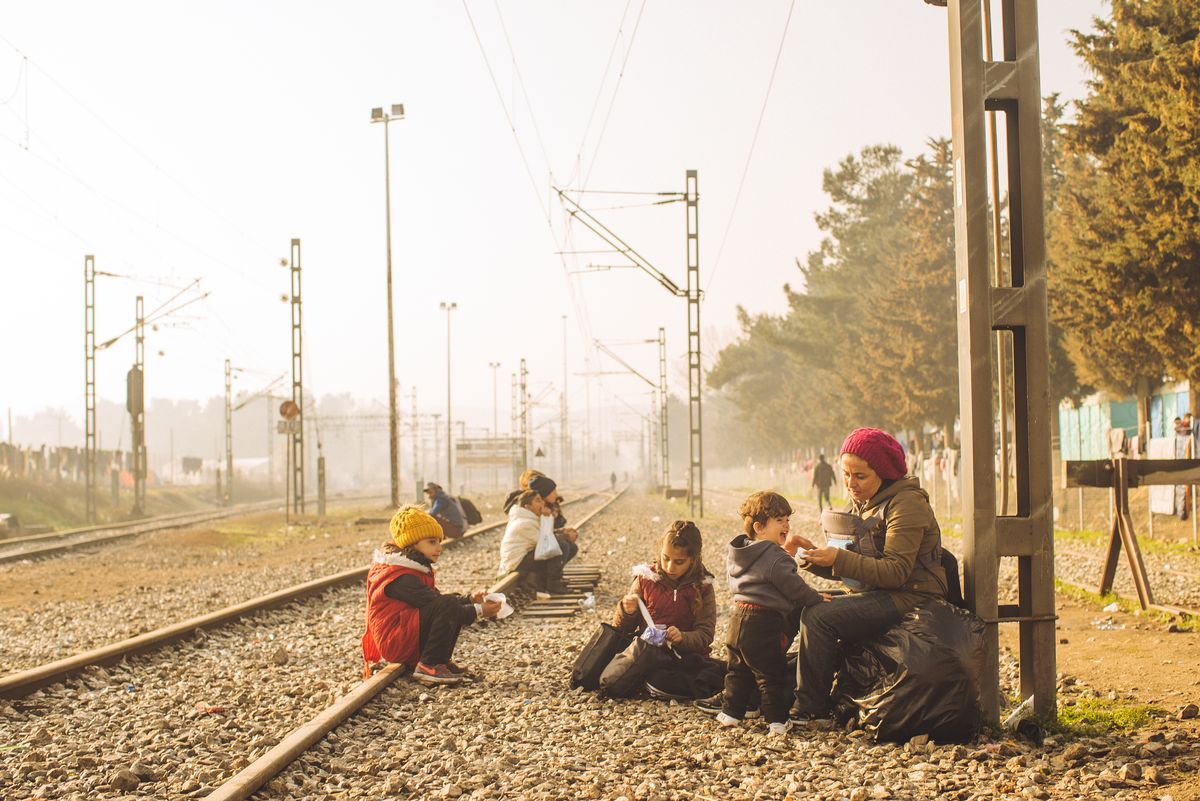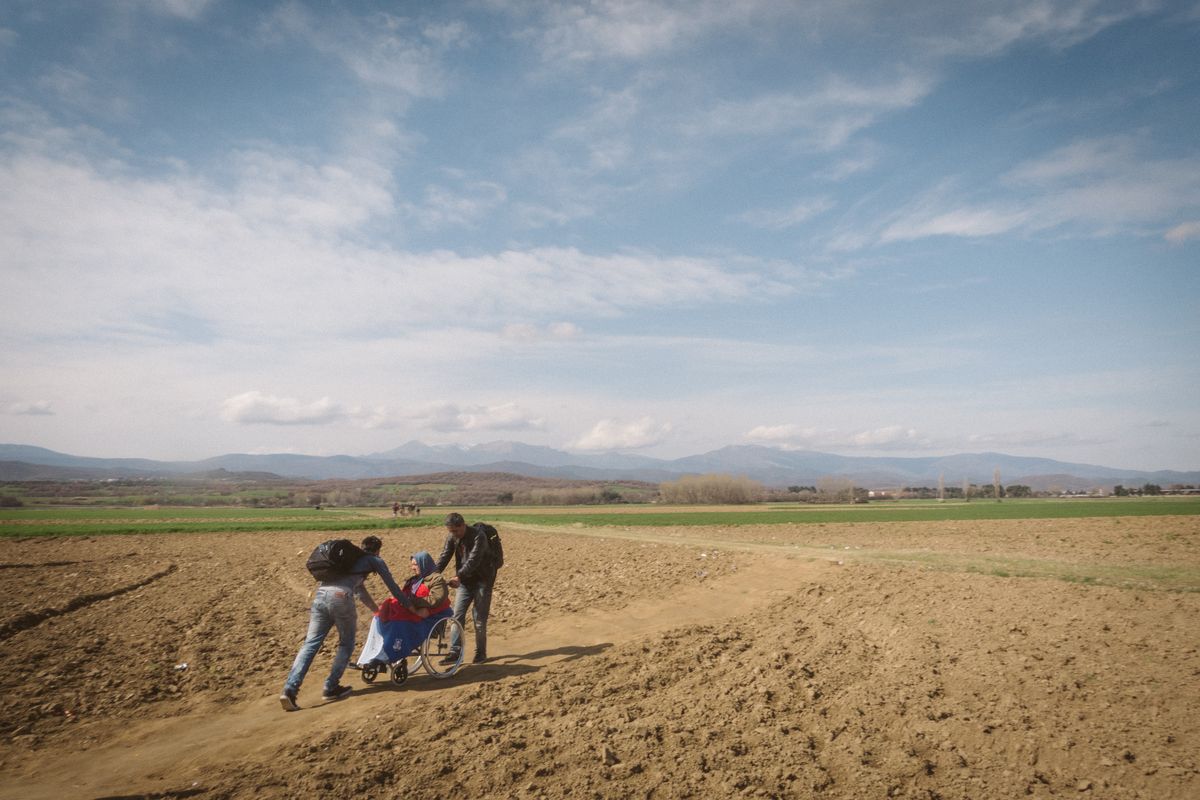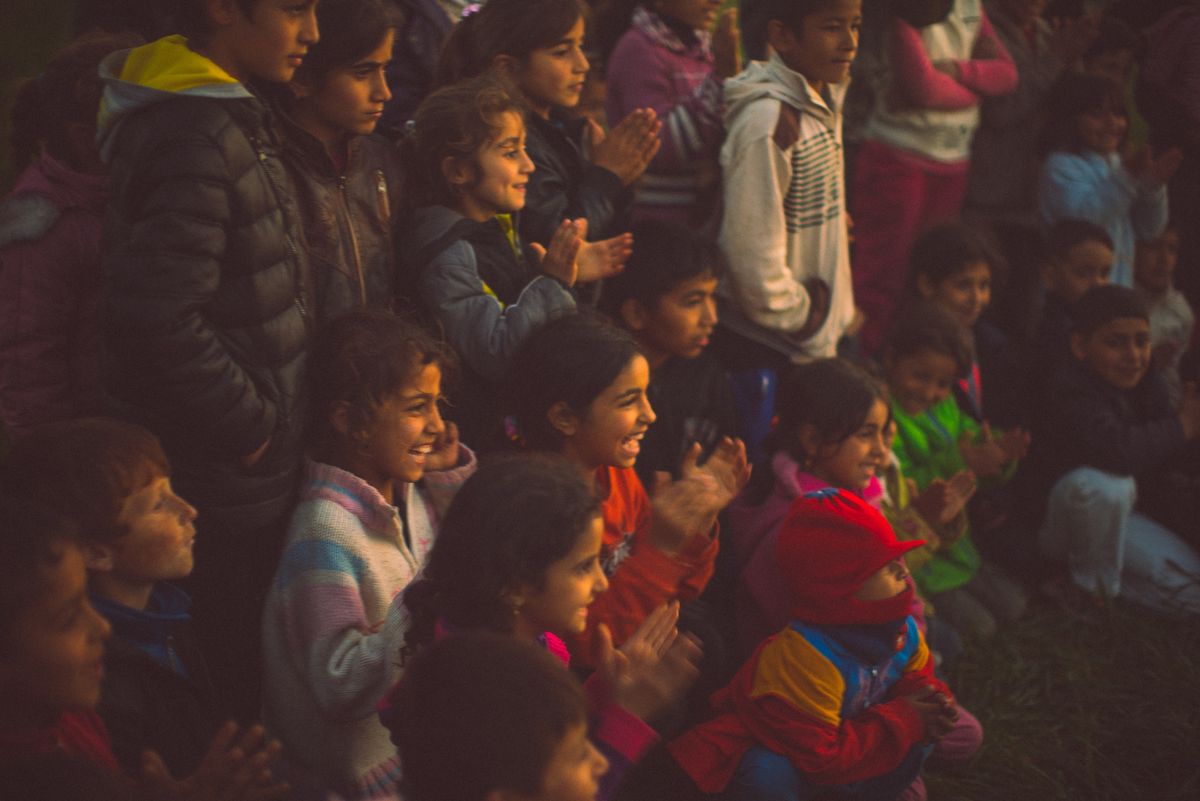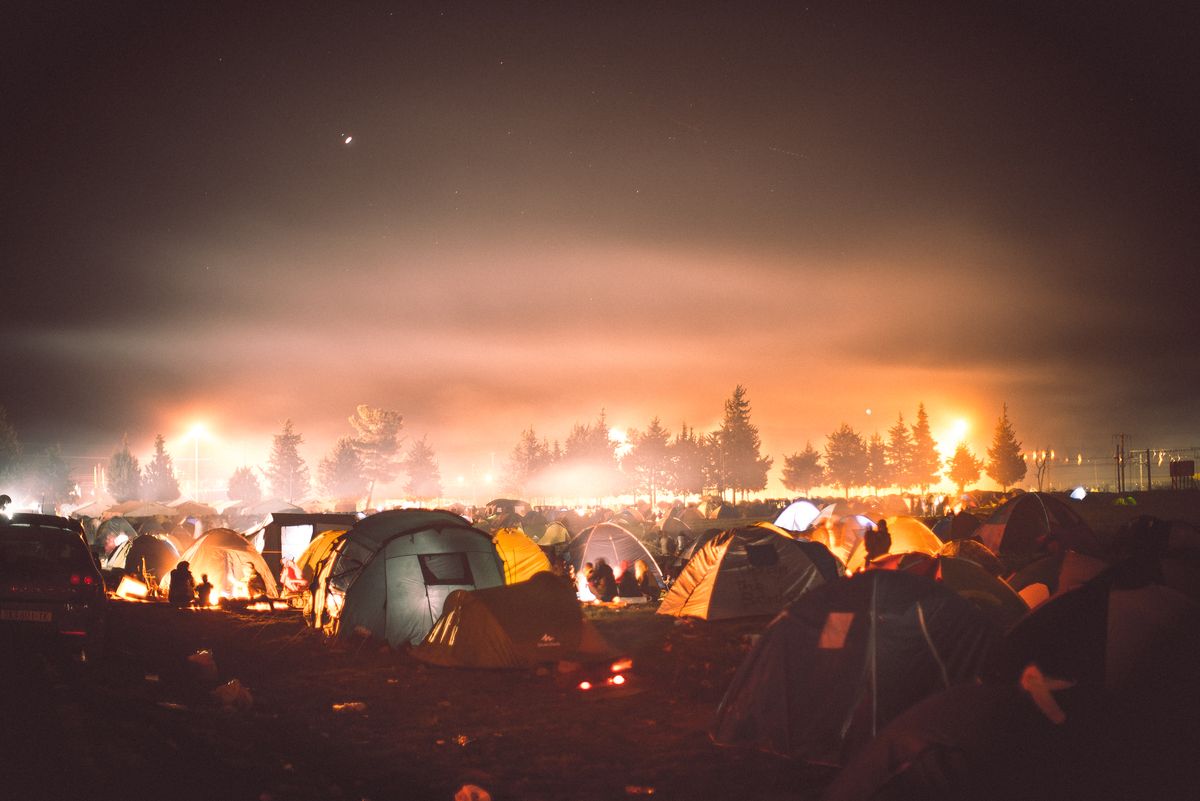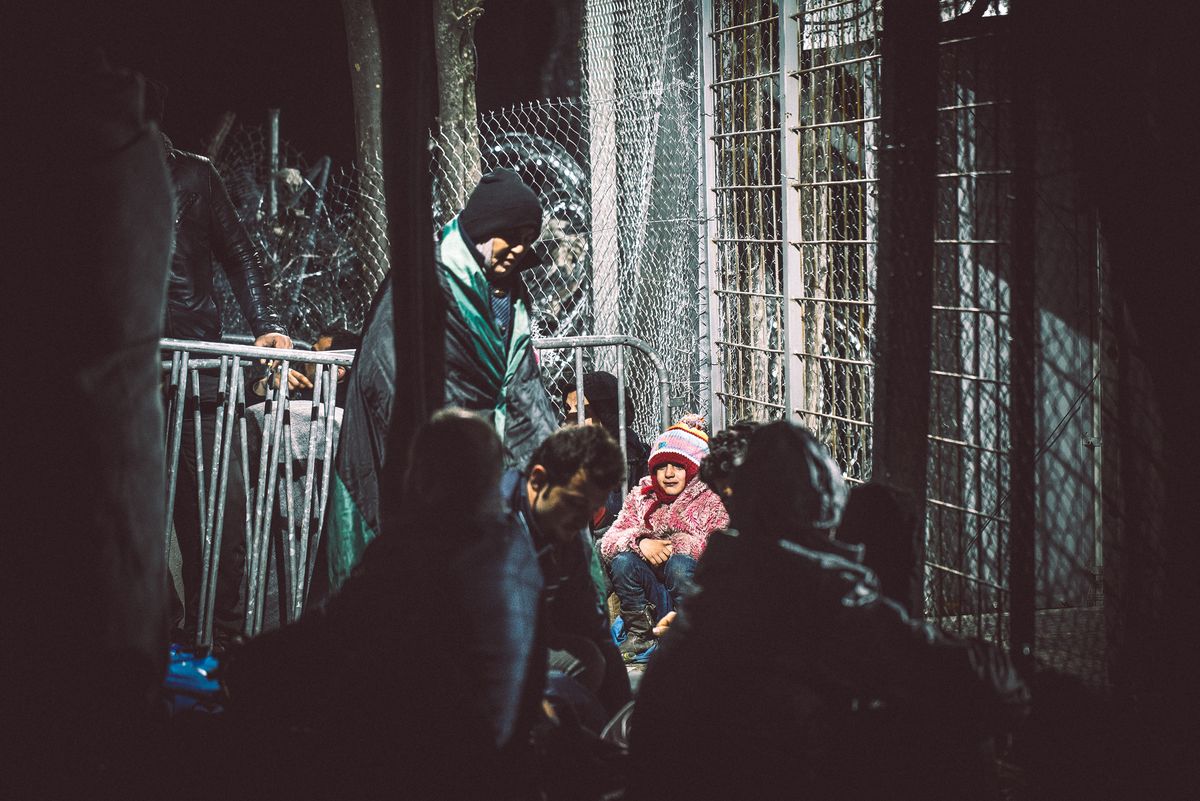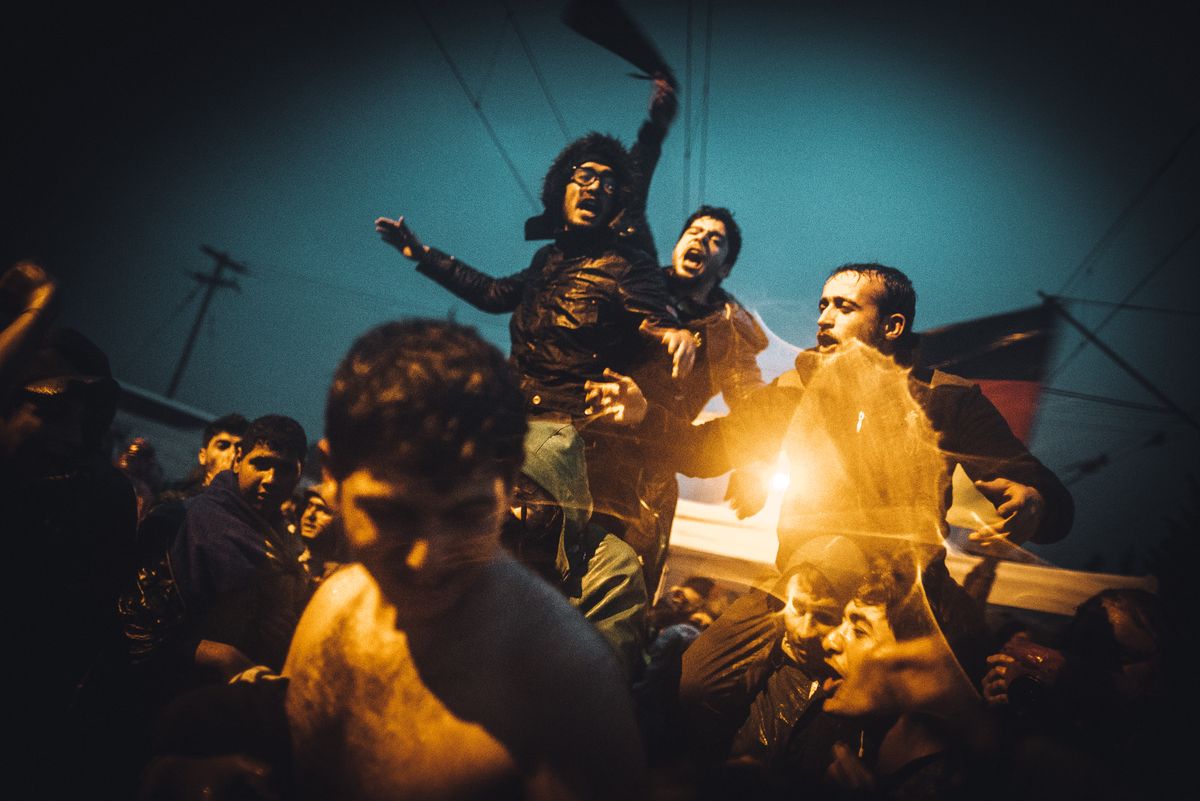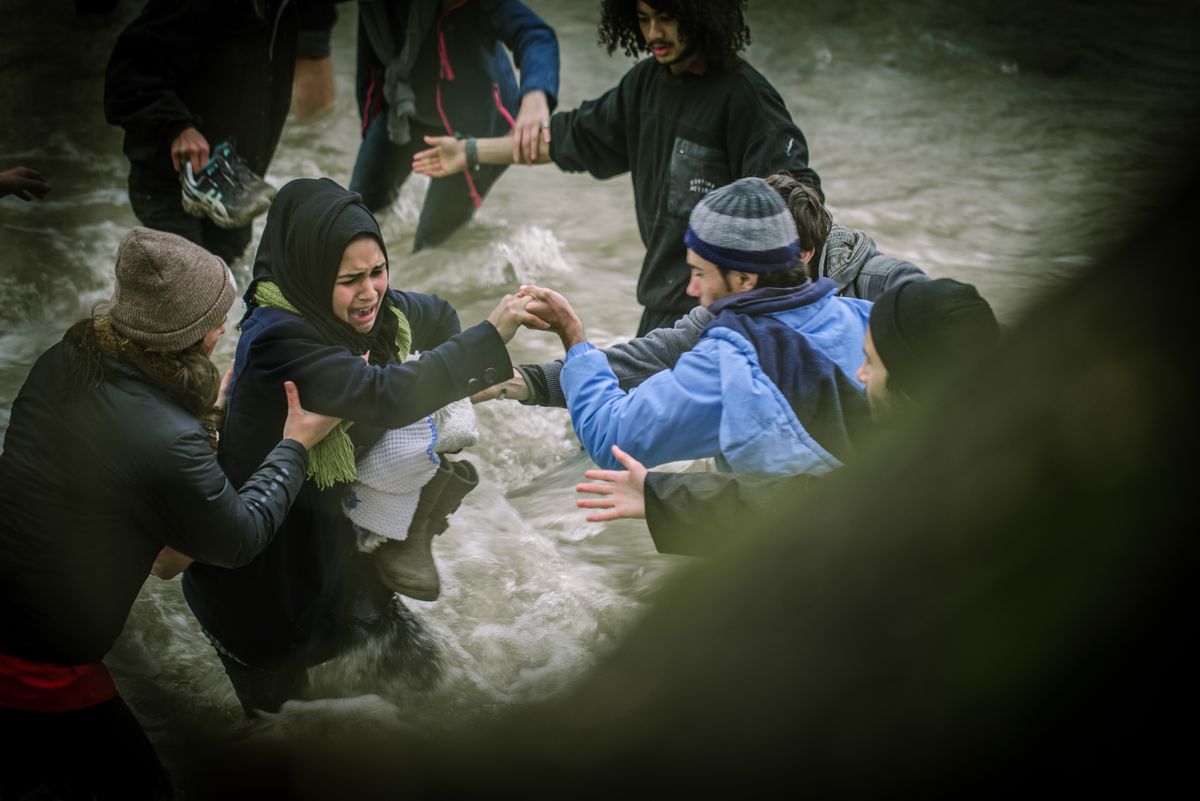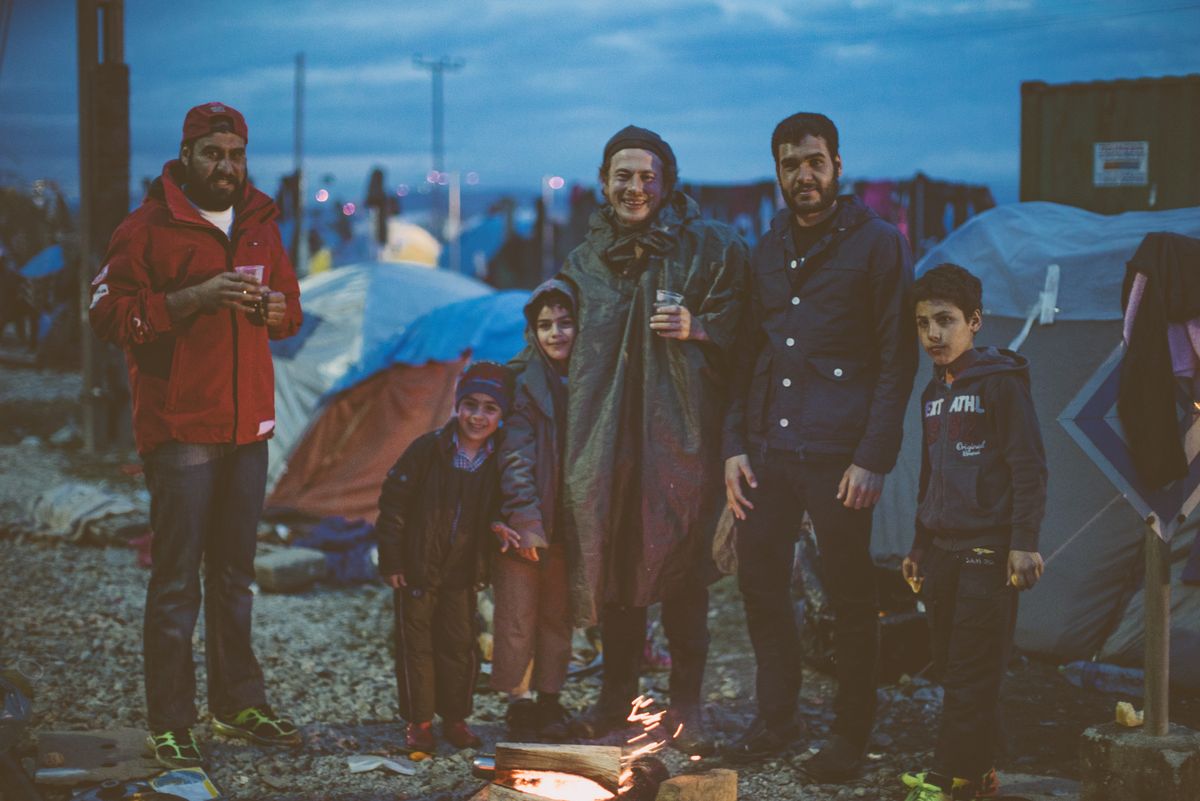In January 2016 two friends set off to learn first hand about the lives of refugees in Europe. With a pair of cameras and a little yellow van, the journey would lead them from Lesvos to Idomeni and on through the Balkans.
Set against the background of the EU pact with Turkey and the closure of the "Balkan Route", the film explores these events through the lives of those most effected on the ground.
As such the documentary is a deeply personal and emotional perspective on the refugee crisis - but seen from the unlikely vista of a little yellow van. It’s story is led through the friendships made with refugees, and its subplot a eulogy to the work of aid workers, volunteers and locals - whose work is too often forgotten.
In an environment of fear, hatred and suspicion in Europe, “The March of Hope” is a celebration of everything which makes us human, and a challenge in film to the xenophobia growing in modern Europe.
DIRECTORS STATEMENT
Like so many people, I found myself talking over and over about the “refugee crisis” as more and more people arrived on our shores. It seemed that everyone, all the time, wanted simple answers, only to be met by layer upon layer of complexity. The atmosphere across Europe was shifting radically, and increasingly an open doors humanitarian policy was clashing with a security first perspective, and a return to closed borders.
I spoke regularly during this time with my great friend, the filmmaker Bastian Fischer. It seemed to us, that despite the very real complexity of the situation, very often it was the refugees themselves who were the last to be considered in these conversations.
Most of all, we shared a huge frustration with our own sense of disconnect to the situation. Everyone had an opinion but hardly anyone an actual first hand experience of what a refugee lives through. We included ourselves in this reflection, and in January 2016, we decided it was time to put it right. As such we loaded our cameras into Basti’s little yellow van, and set off to find out for ourselves.
Little did we know on setting off that we were leaving during the defining point of modern European politics. During our journey we would witness first hand the two major policy shifts through which the EU has attempted to tackle the “refugee crisis”. The EU pact with Turkey, and the shutting down of the “Balkan Route” form the political background to the film - but it is the impact on the lives of refugees that we, and the film, focus on.
It would turn out that our lack of planning and budget would turn into the best possible tools for our film. Why? Because the film was never driven by an agenda or something we set out to make. Rather, we found ourselves a part of a much broader narrative. Whereas most accounts focus on the widescreen panorama of this narrative, our filming was rather governed by the fateful fact that we were trusted into the lives of those these policies most impacted upon.
Moreover, these limitations helped break down the barriers between not just us and the refugees, but also the locals, aid workers and volunteers. For instance, at night in Idomeni the worlds media would leave for hotel rooms. We would stay, camped out amongst the refugees and as such were slowly invited into the real lives of the refugees - that is both in terms of suffering, and of its sister, laughter. I might add that Muhammad teased us none the less that our van was the “penthouse suite of Idomeni!” On Lesvos, we would stay over night on the beaches, and in doing so, the rescue teams would find use for us, whether in exploiting the high ISO of the cameras to spot in-coming boats, or turning the van into another rescue vehicle.
As a result of these quirks of fate, our journey - and our documentary - became defined by a living engagement with the human situation. I will never know truly what these people go through; but to have been entrusted with their stories during this time will remain one of the great privileges of my life.
I have called this film “The March of Hope” because I owed it to the refugees - to my friends - to make a film not about their experience as victims - but rather to the great expression of courage and human dignity I witnessed. Moreover I wanted to make a testament to the lesson they taught me. That is that if these people can embody so many of the fundamentals of our humanity; laughter, generosity, hospitality, kindness - while undergoing the greatest challenges and pain - then surely the rest of us can too.
Simply put, I have never come across so consistent a decency as from the people I met on this journey. And never have I learnt so much about the meaning of courage, or the wisdom which springs from it. As such “The March of Hope” means for me the belief in overcoming the things that divide us, and the courage to keep faith in what will forever connect us; our humanity. I hope you enjoy the film, and most of all, thank you and love to all the people, of all nations, who feature in it.
